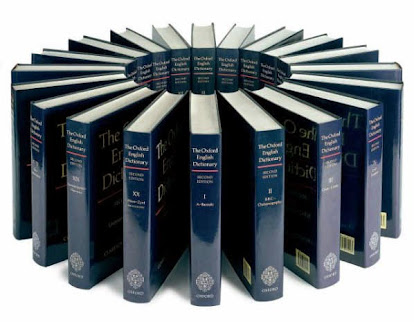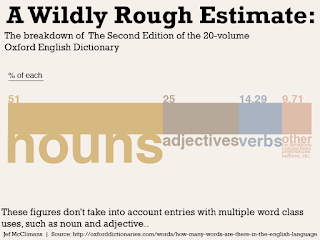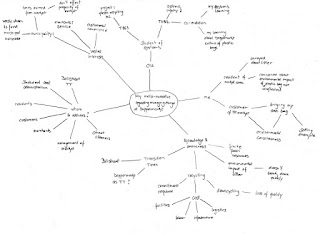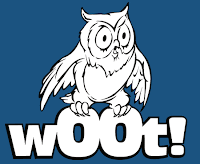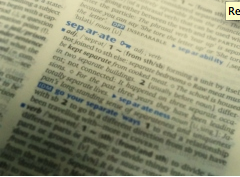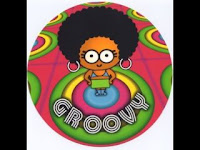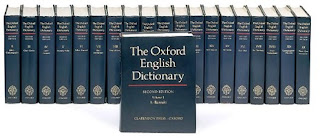According to new research, the English language has doubled in size over the last century . It continues to grow ' by 8,500 words a year' and now stands at 1,022,000 words .' And the speed of this growth is accelerating : The language has grown by more than 70 per cent since 1950 .... The previous half century it only grew by 10 per cent ... source Are all these new words in the dictionary ? English does not have an equivalent version of the Académie française. The only official recognition comes with an entry in the Oxford English Dictionary (OED). Interestingly much of this new vocabulary has not been formally recognised. Nearly half of the new words are not included in any dictionary and are dubbed lexical "dark matter". They are either slang or invented jargon. Why does the OED restrict the words it includes? Because there are so many words in English! The OED is already more than three times bigger than the equivalent dicti
